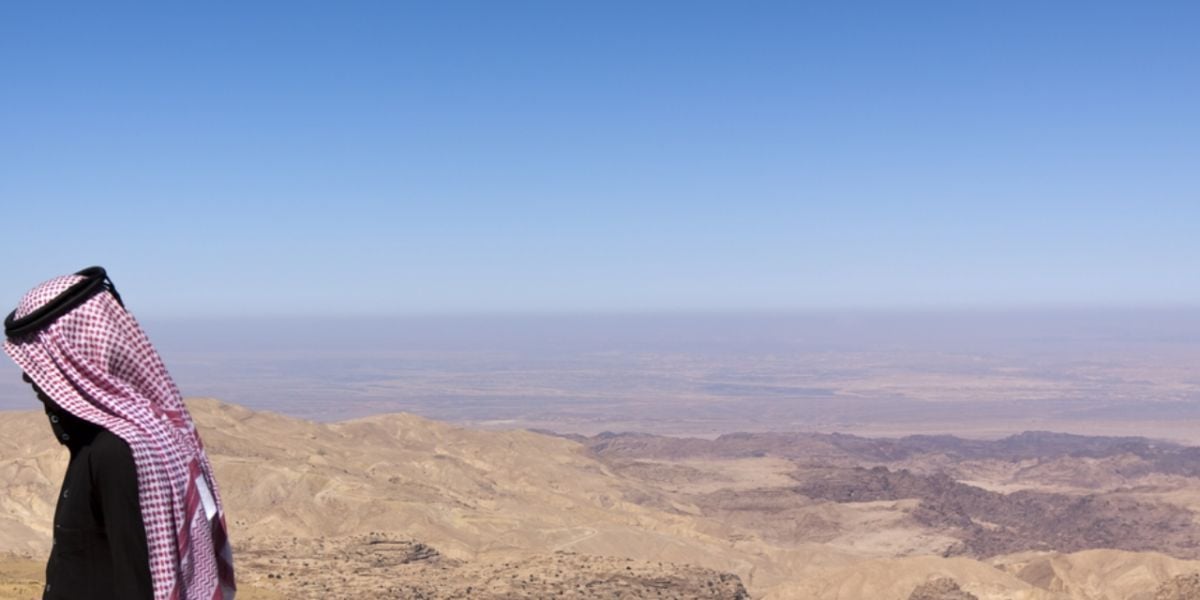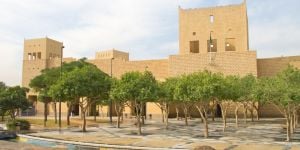
Moving to a city like Riyadh, especially from a non-Muslim country, will take some adjusting to. One of the first things you will become aware of is that life in Riyadh is guided by a number of social and religious rules that you may find to be quite restrictive at first. Learning about the way of life in Riyadh in advance and keeping an open mind can make your transition to life in the city much smoother.
Language and religion in Riyadh
In general, Saudis are very friendly and helpful and do their best to assist newcomers. Arabic is the national language and is spoken by most Saudis, even though English is quite widespread. Like the rest of the country, Riyadh, the capital city, follows Islamic laws deeply, as defined by Sharia. A Sharia court heads all decisions and manages all judicial procedures.
Non-Muslims in the city are also allowed to practice their religions within their private environments. However, they are not allowed to spread their religious beliefs, as doing so is a punishable offense.
Besides, expats are not allowed to talk openly about any religion. It is also restricted to wear religious symbols or jewelry.
Muslim prayers are core boosters of daily life in Riyadh, taking place five times a day. Until a few years ago, all businesses, shops, and almost everything used to take a break during prayer time. This is, generally speaking, not the case any longer. It might happen in smaller shops where there might be only one clerk available, but in most cases, it would now be possible to go on and finish your shopping during prayer time. The remaining exception is the Jumma prayer on Fridays, which takes place around noon. While most shops are closed anyway on Friday morning, those that are open, such as supermarkets, will close for about an hour around that time.
Women in Saudi Arabia
There are a number of gender restrictions in the Saudi culture, especially for women who wish to work. Hence, women have to inquire about the local dress code and the way they have to present themselves. In the country as a whole, women wear an abaya—which is a long, dark-colored robe—to cover themselves.
However, like in many Gulf countries, trends are changing. Today, women are allowed to drive and go out to watch sports matches. In addition, women can now travel without their legal guardian's permission.. Women are not allowed to mingle with men, especially if they are unmarried unless they are related by blood ties.
Until 2016, Saudi Arabia had a special religious police in place, also known as the mutawa. Their job was to make sure that society abides by the religious codes. However, recently, the religious police have been reformed and no longer have the powers they used to, which makes life in Saudi Arabia much more relaxed for expats — and expat women in particular.
Etiquette in Riyadh
The left hand is considered unclean, so avoid using it, for example, while shaking hands, receiving, giving, etc. Use your right hand.
Public display of affection is forbidden. Moreover, avoid having eye contact with a person of another sex.
When seated, never point your feet towards the person opposite you, as it is considered rude, almost as an insult.
Follow the rules set by Mutaween on the spot and never argue with them.
Alcohol consumption is prohibited.
Ramadan is a sacred month, and all Islamic customs need to be respected. For example, avoid eating, drinking, smoking, backbiting, and shouting in public, even if you're non-Muslim.
Summing it all up, you have to abide by state laws if you want to adjust, especially if you're planning to make a long stay. Culture and social norms are followed in line by every individual.
Useful link:
We do our best to provide accurate and up to date information. However, if you have noticed any inaccuracies in this article, please let us know in the comments section below.








